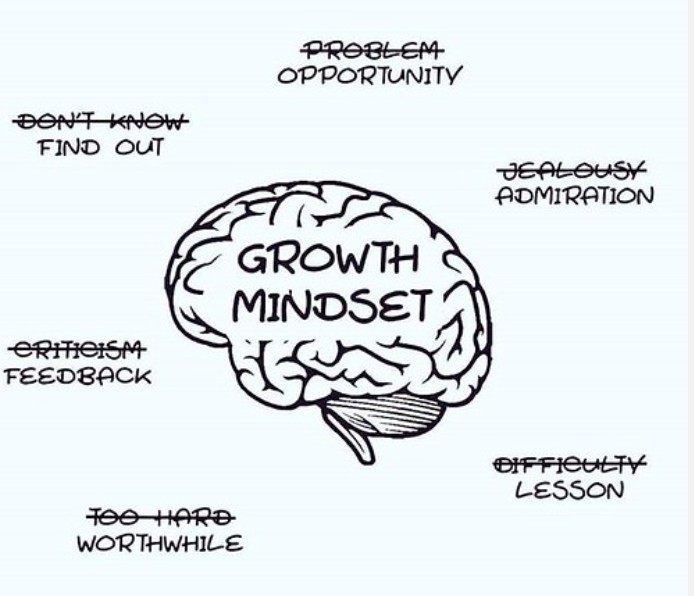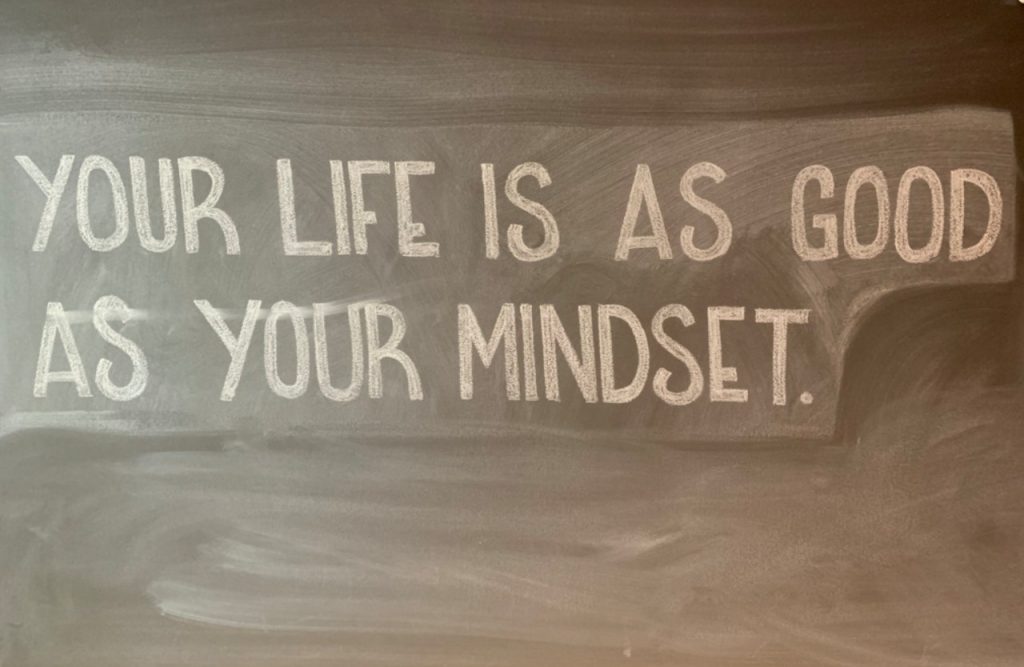Reading and Disruptive Emotions
We know reading can be emotional, right? Maybe your heart has swelled at a “good morning” text. Maybe you’ve wept at poetry. You may have let out a little laugh at a funny meme. Maybe you’ve felt concerned about a news headline. Maybe you’ve fallen asleep from boredom while reading your chem textbook. In any ...








